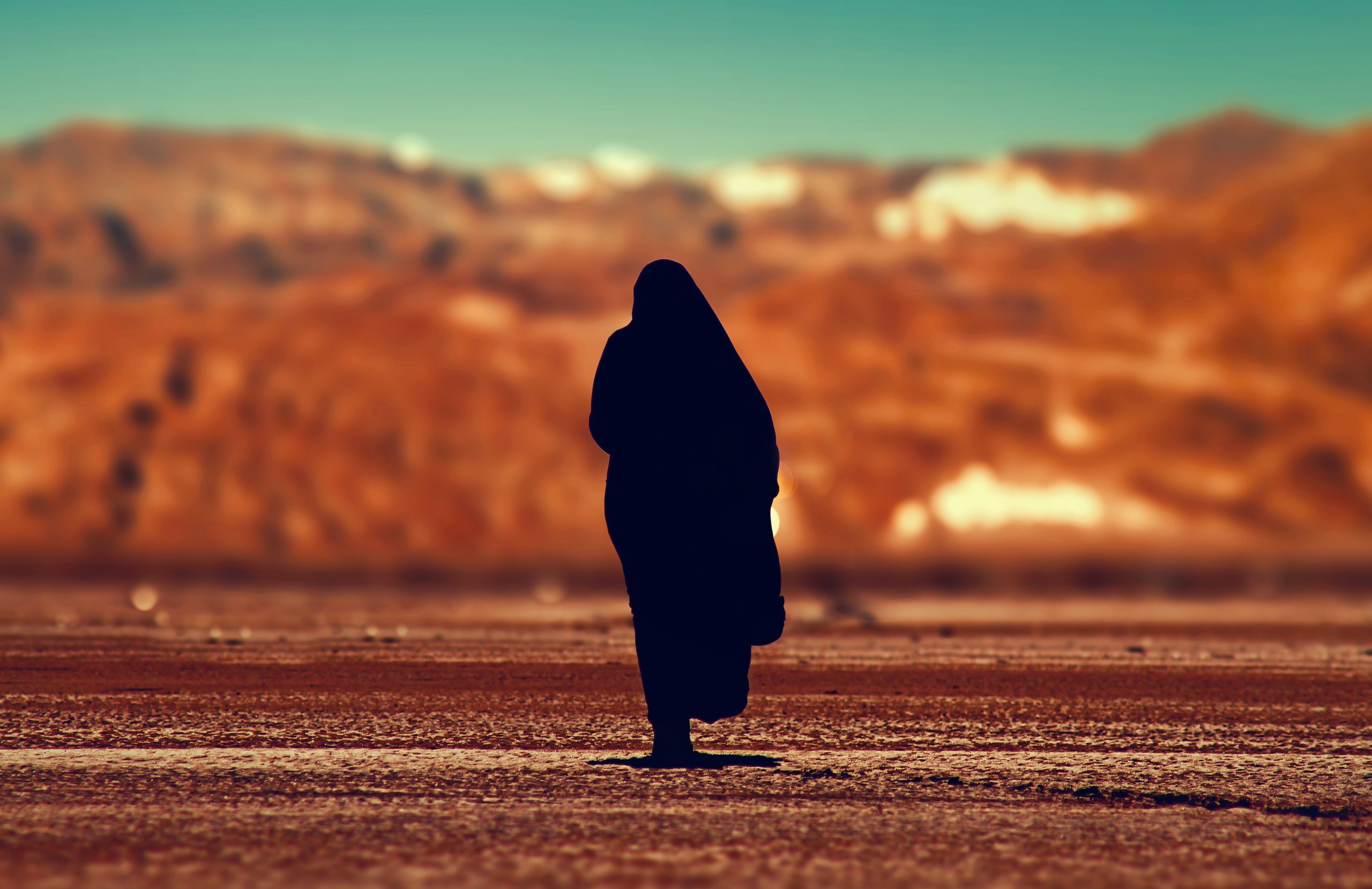A magnum opus 43-volume biographical dictionary, containing 10,000 entries detailing the lives of female hadith scholars written by renowned Islamic scholar Shaykh Mohammad Akram Nadwi has been published in its entirety by Dar al Minhaj in Jeddah. As hadith narrators, teachers, jurists, wives, mothers and daughters, these women have contributed to the growth and development of the Muslim community on a social, moral and intellectual level.
The profound 43 volume dictionary, titled “Al- Wafa Bi Asma Al-Nisa” (Biographical dictionary of women narrators of hadith) (also known as al–Muhaddithat — the female hadith transmitters) is the result of more than two decade’s commitment that took Shaykh Mohammad Akram Nadwi trawling through biographical dictionaries, classical texts, madrasa chronicles and letters for relevant citations.
“I thought I’d find maybe 20 or 30 women,” he says. To date, he has found 10,000 of them, dating back 1,400 years, and his dictionary now fills 43 volumes.

In Islamic history, women travelled extensively to seek religious knowledge and routinely attended the most prestigious mosques and madrasas across the Islamic world, teaching, learning and making important contributions to the study and transmission of Prophetic hadith.
This previously unexplored history is uncovered through meticulous analysis of documents such as class registers and ijazahs from women authorizing men to teach, and the glowing testimonies from the most revered ‘ulema about their female teachers.
The dictionary’s diverse entries include a 10th-century Baghdad-born jurist who travelled through Syria and Egypt, teaching other women; a female scholar — or muhaddithat — in 12th-century Egypt whose male students marvelled at her mastery of a “camel load” of texts; a seventh-century Medina woman who reached the academic rank of a jurist, issued key fatwas on hajj rituals and commerce; and the biographies of prominent jurists like Umm al-Darda, in seventh-century Damascus, whose students included the caliph of Damascus.
Not all of these women scholars are previously unknown. Muslims assuredly recognise the role of women in Islamic sciences, particularly in the field of hadith, starting with the Prophet’s wife Ayesha.
Shaykh Mohammad Akram Nadwi is a world-renowned scholar of Indian origin, who received in-depth training in the traditional Islamic disciplines at Nadwat al-Ulama (Lucknow, India) alongside a PhD in Arabic literature from Lucknow University. He spent several years as a Fellow at the Oxford Centre for Islamic Studies where he conducted research on a number of topics including hadith. He is the author of close to 30 books across the full range of the Islamic Sciences.
Whilst the 43-volume published work is in Arabic and yet to be translated into English, there is an introductory preface titled ‘al-Muhaddithat’ available for readers in English, Urdu, Turkish, Bosniak, and soon to be published in French.
Book Recommendation
If the Oceans Were Ink is a memoir of a year-long journey through the Qur’an between Carla Power, an American journalist and Shaykh Mohammad Akram Nadwi, to help bridge one of the greatest divides shaping our world today.
Their quest takes them from London to Makkah and to India, and along the way they discover eye-opening perspectives, destroy long-held myths, and reveal startling connections between worlds that have seemed hopelessly divided for far too long.
Rushda Fathima Khan is the Staff Reporter for The Cognate.












